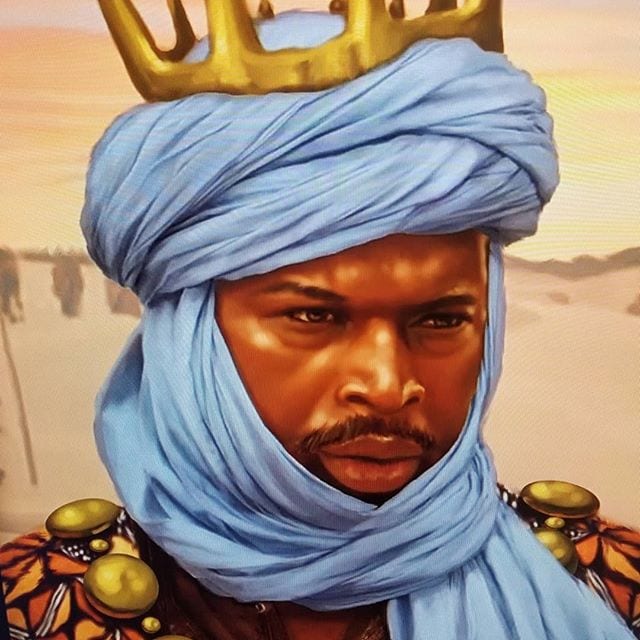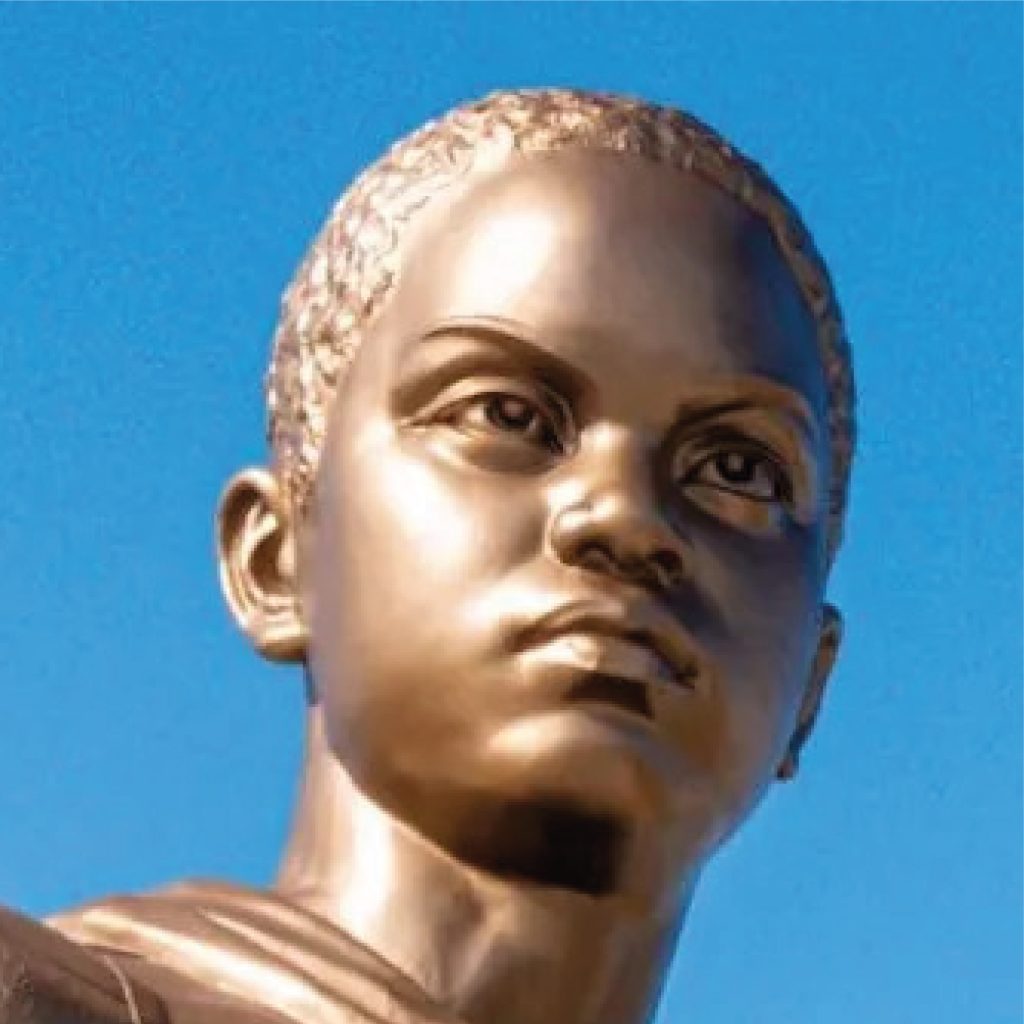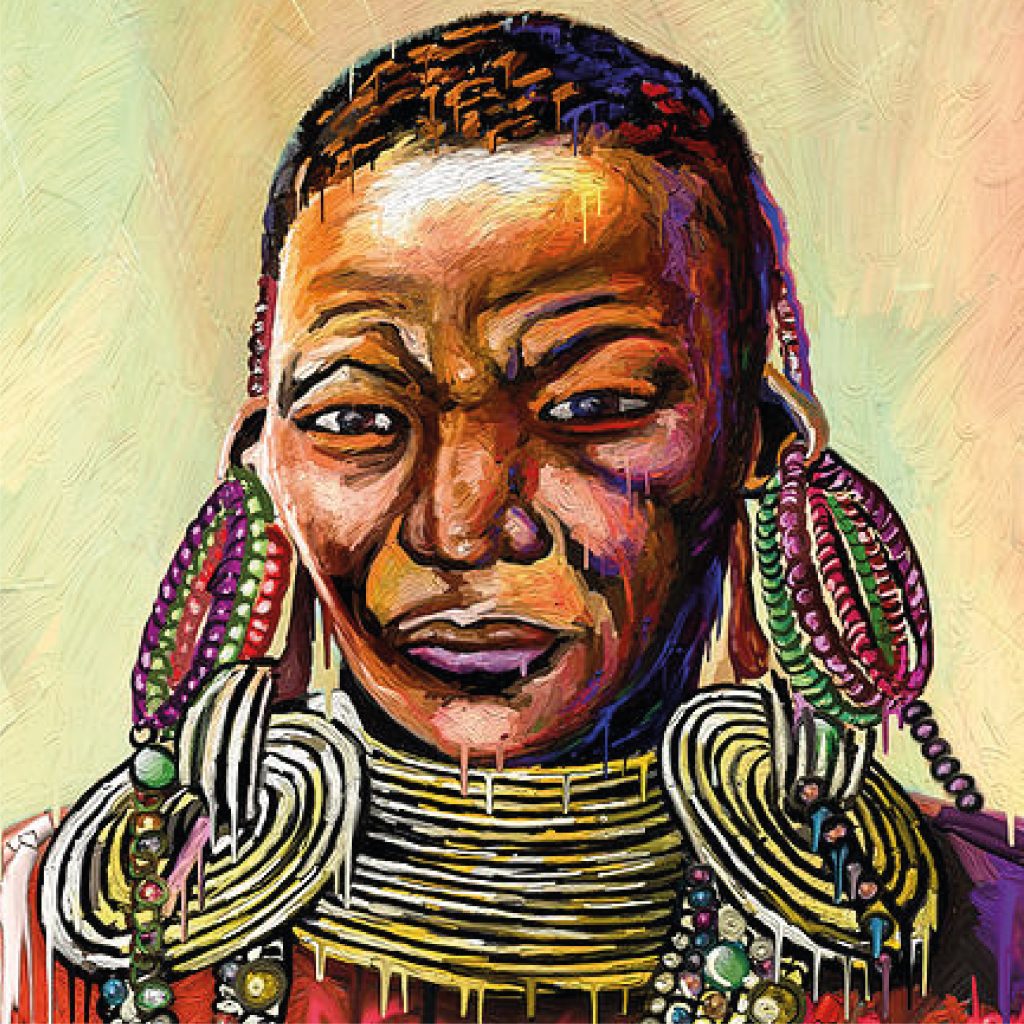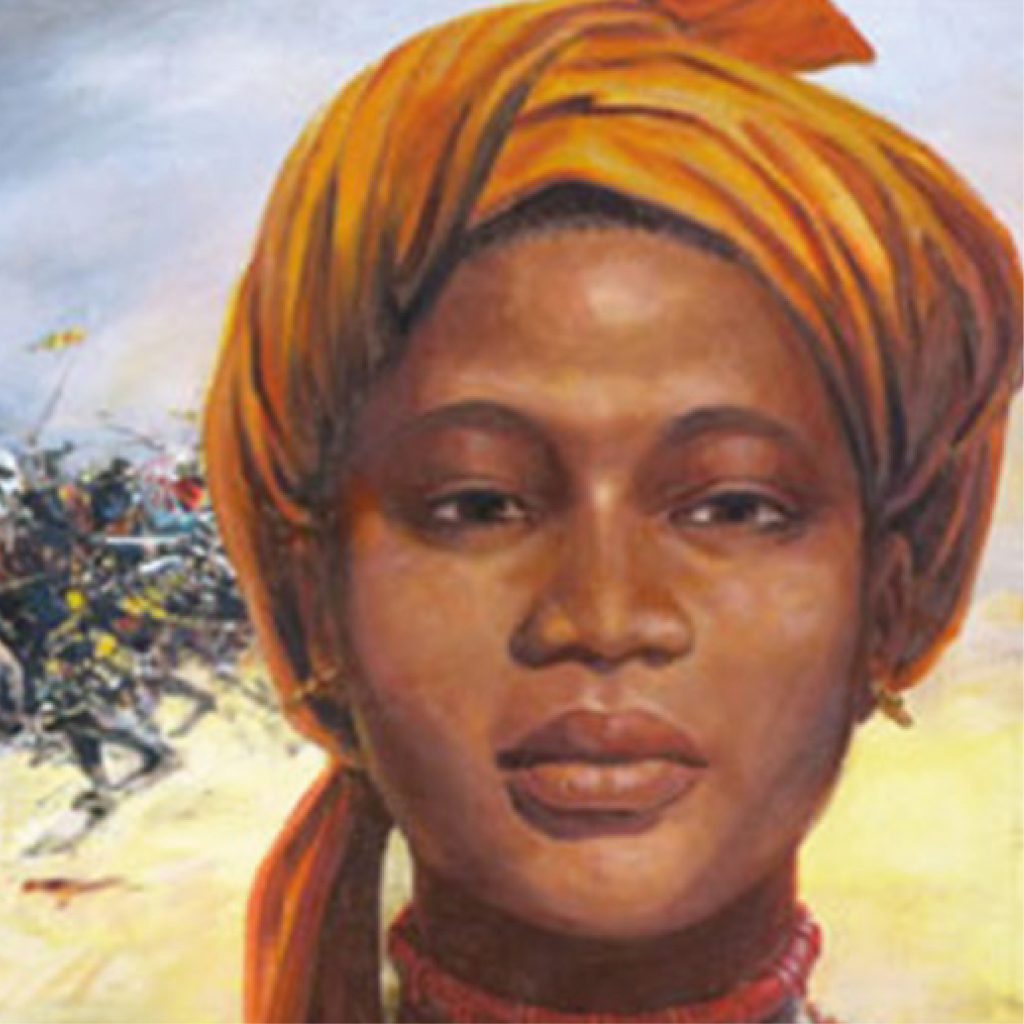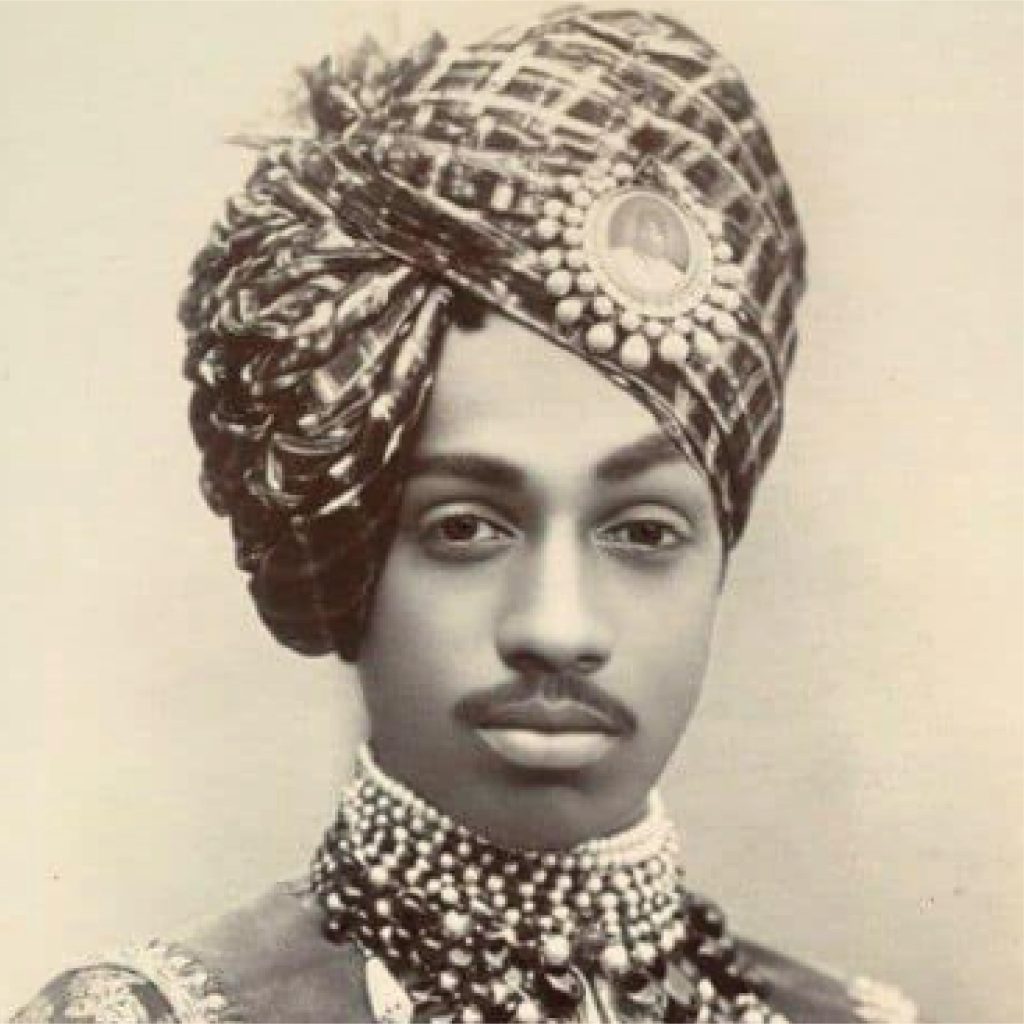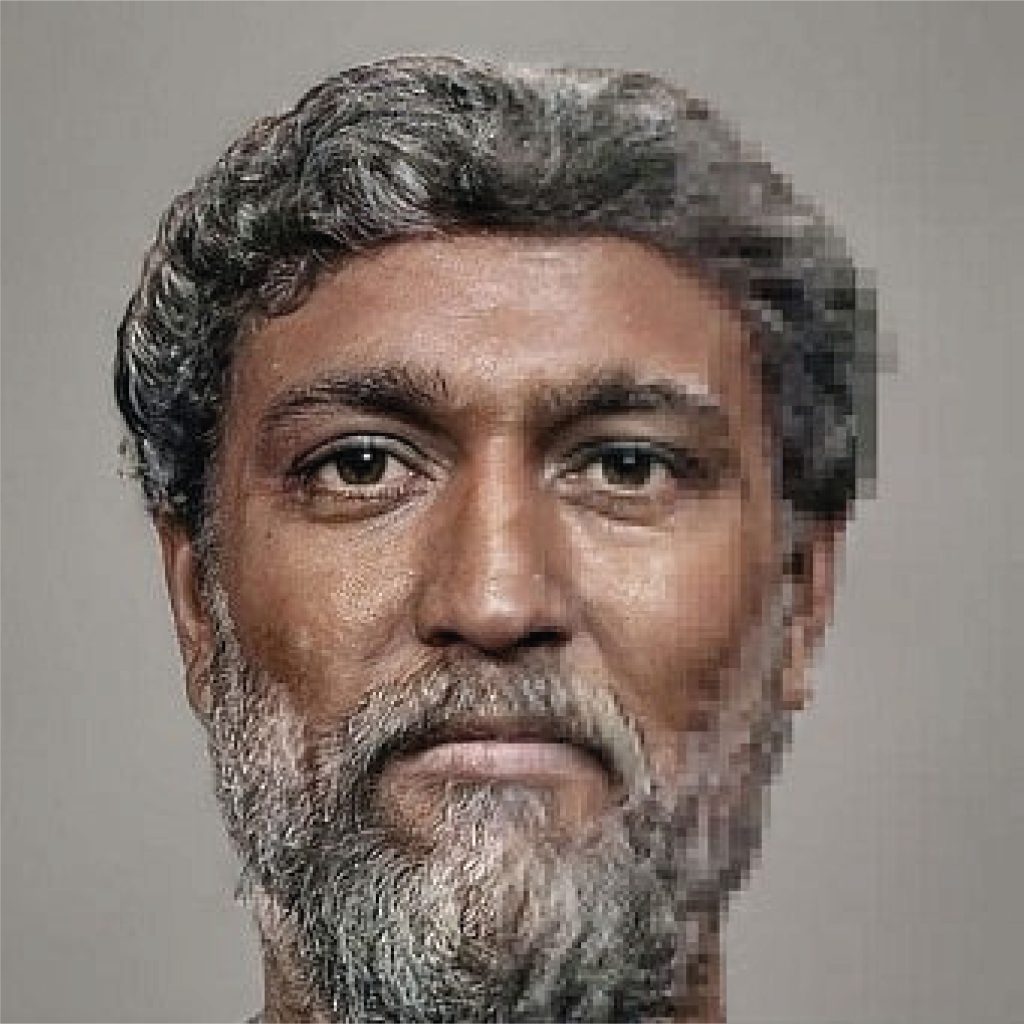The Renaissance
The Renaissance is often referred to as the ‘rebirth’ of classical learning, art and literature. It was an immensely influential period of cultural rebirth between the 14th and 17th centuries and was a period of increasing exploration, economics, and the development of flourishing new cultures, arts and sciences. The Renaissance included the rediscovery of classical texts, the production of realism, and a new level of creativity and ingenuity.
The spirit of curiosity during the Renaissance was further decorated by a philosophical movement that was greatly informed by the writings of Niccolò Machiavelli with his most famed work being the Prince.
Economic growth was another important aspect of the Renaissance and the period saw the emergence of global trade and burgeoning monetary systems that are still in use today. The Renaissance of old can be remembered as a period that was unique and whose array of political, social, economic, philosophical, scientific and artistic advances, has gone on to shape the world that we live in today.
Foundations of African Renaissance by Mokhtar Diop
This is a comprehensive set of ideas, theories and principles that were significantly influenced by Diop’s experience with the African independence movements of the 1950s and 1960s. The concept of African Renaissance is grounded in the long-term protection and stewardship of African cultural heritage, as well as a commitment to self-sufficiency and economic reform to support the well-being of both the continent and its citizens. It also focuses on personal development and education to encourage growth of African skills and abilities.
Diop in his writings emphasizes that African philosophy and study must be rooted in the traditional values that have defined states and societies within the continent since antiquity. Additionally, he makes the case for modern, pragmatic solutions that utilize the collective wisdom of African states and jurisdictions. He also heavily promotes the curation of African identity as a valuable part of the continent’s revival.
One of the strongest arguments presented in “Foundations of African Renaissance by Mokhtar Diop” is the need for education both as a driver of African renaissance and as a tool to re-establish African culture and philosophy.
Diop also stresses the importance of knowledge and literature in African Renaissance. Drawing from such works as Hammurabi’s code and the works of Ibn Khaldun, data, facts, history, and contemporary sociological, economic, and political studies are emphasized as critical components of the revival. He urges the reformulation of African social thought and the adoption of principles that unify African identity, rather than adhere to discriminatory Western ideals.
At the core of the African Renaissance is the recognition that Africa’s current struggles are due, in part, to economic exploitation, which has left the continent in a cyclical cycle of conflict, poverty, and underdevelopment. Dr. Drop believes that a vital first step toward breaking this cycle is a geospatial re-examination of Africa’s internal weaknesses and external affinities to other countries. This involves comprehensive macroeconomic and microeconomic analysis of African resources, markets, and political systems. Such analysis provides insight into the solutions that African governments can adopt in order to reverse the economic decline and solidify their sovereignty.
Crafting policies that seek to maximize the productivity and overall human capital of African nations is paramount to the African Renaissance. These theories are integral for uniting the continent to take part in their own development.
African Renaissance Legends
